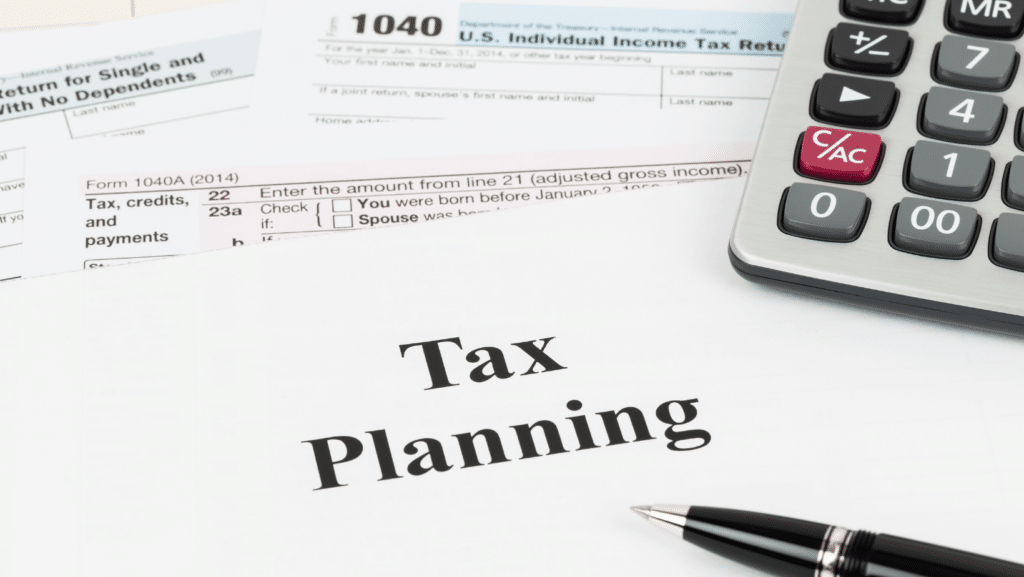
Tax planning plays a crucial role in maximizing returns and minimizing tax liabilities. By strategically managing your finances and taking advantage of available tax deductions and credits, you can optimize your financial situation. In this article, we will explore the art of tax planning and provide valuable insights into how you can minimize your tax liabilities and maximize your returns. Whether you’re an individual taxpayer or a business owner, these strategies can help you navigate the complex world of taxes.
The Basics of Tax Planning
Tax planning involves careful evaluation and optimization of your financial situation to minimize tax obligations. It is essential to start tax planning early to make informed decisions. Understanding the different types of taxes, such as income tax, capital gains tax, and property tax, is crucial for effective tax planning. By familiarizing yourself with the tax planning process and considering key factors, you can set a solid foundation for your tax planning journey.
Analyzing Your Financial Situation
A thorough analysis of your financial situation is fundamental to successful tax planning. Start by assessing your income sources and levels to determine which tax brackets you fall into. Evaluate your assets and investments to identify potential tax deductions and credits you can leverage. By understanding the tax risks and opportunities associated with your financial situation, you can develop a tailored tax planning strategy.
Effective Strategies for Minimizing Tax Liabilities
Several strategies can help you minimize your tax liabilities effectively. Utilizing tax deductions and credits can significantly reduce your taxable income. Explore tax-exempt investments, such as municipal bonds, to optimize your tax situation. Timing your income and expenses strategically can also make a difference. For example, deferring income to the following year or accelerating deductible expenses can help lower your tax burden. Additionally, business owners can benefit from implementing tax planning techniques specific to their industry.
Maximizing Returns through Tax Planning
Tax planning is not only about reducing liabilities but also maximizing returns. By incorporating tax-efficient investment strategies, you can minimize the impact of taxes on your investment gains. Consider tax-efficient asset allocation to optimize your portfolio’s tax consequences. Tax-loss harvesting allows you to offset capital gains with capital losses, reducing your overall tax liability. Additionally, explore tax-deferred and tax-free investment options, such as Individual Retirement Accounts (IRAs) or Health Savings Accounts (HSAs), to grow your wealth while minimizing taxes.
Working with Professionals for Optimal Tax Planning
Navigating the complexities of tax planning can be challenging, which is why working with tax professionals is beneficial. Tax advisors and accountants possess the knowledge and expertise to guide you through the process. When selecting a tax professional, consider their qualifications and experience in tax planning. Collaborating with professionals allows you to develop personalized tax planning strategies tailored to your unique financial situation.
Staying Up-to-Date with Tax Laws and Regulations
Tax laws and regulations constantly evolve, making it crucial to stay informed. Changes in tax legislation can impact your tax planning strategies. Stay updated by regularly accessing reliable resources such as government websites, tax publications, and financial news outlets. Adjust your tax planning approach accordingly to remain compliant and take advantage of new opportunities.
Conclusion
Tax planning is a powerful tool that allows you to optimize your financial situation by minimizing tax liabilities and maximizing returns. By understanding the basics of tax planning, analyzing your financial situation, and implementing effective strategies, you can navigate the intricate tax landscape with confidence. Remember, staying up-to-date with tax laws and regulations and seeking professional guidance are crucial components of successful tax planning. Start early, make informed decisions, and unlock the art of tax planning to secure a brighter financial future.

